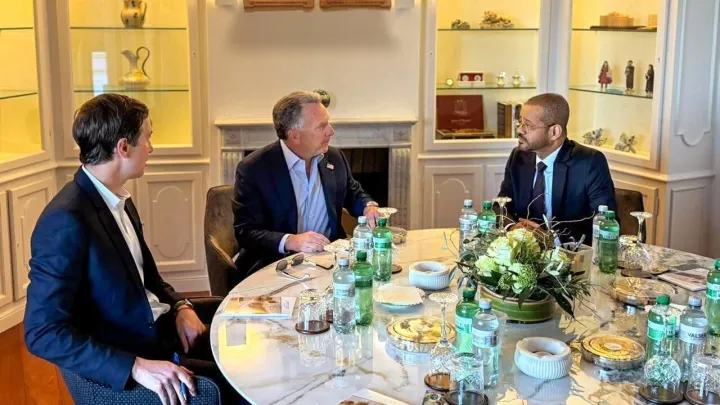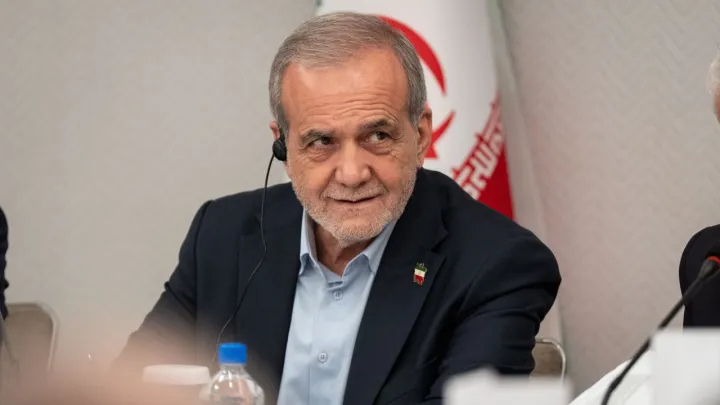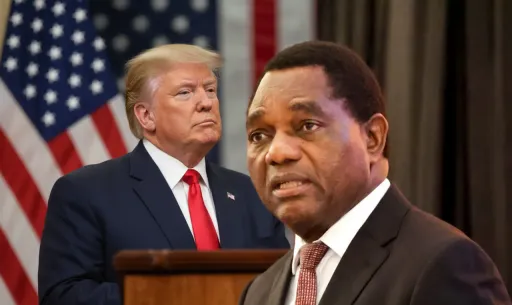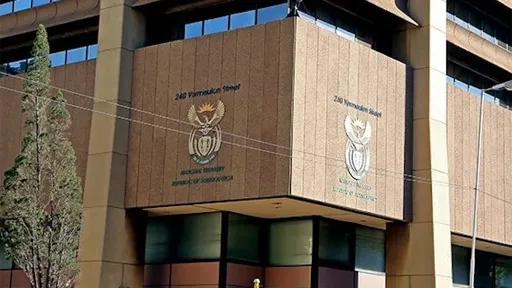By Jean-Rovys Dabany
The walls of the city are his canvas. Armed with his spray cans, Régis Divassa roams the streets of Gabon's capital, Libreville, splattering urban furniture with his graffiti.
Self-taught, he is convinced that the strength of his art lies in the fact that it is accessible to everyone, not just an elite.
"Not everyone can read what we write because it also depends on the style we use. The graffiti is done in such a way that everyone can read it easily. It's like a child going to school and starting to write: sometimes it's legible, sometimes it's not, like the writings of doctors. So there are hardcore graffiti artists who do everything that's complicated, but there are also some fairly soft graffiti artists," Régis Divassa explained to TRT Afrika.
In the working-class neighbourhood of Akébé, more than one in four residents is unemployed. Poverty and violence are part of everyday life. And for graffiti artists like Divassa, it's all about escaping and adding colour to an overly grey daily life.
"The graffiti we do today is the continuation of those who came before us, so we do it on the wall because it has more impact. You can't transport a wall, it's selfish to hide art. Art is meant to be shown. In the street, the only appropriate medium is the wall," he says.
When he is not out painting in the streets, Divassa imagines the frescoes from his studio. His target for the day: women.
"It has to be said that women are the cradle, the very essence of art, the perfect form that God gave to man. And not to be alone, I have to paint women, symbols of maternity, symbols of birth. For me, women are the quintessence, the very origin of dead art", says the artist.
To make ends meet, this jack-of-all-trades sometimes puts his art to work for shopkeepers keen to make their storefronts more attractive, but he's not ready to go through the gallery doors just yet, preferring to preserve the authenticity of graffiti, which must remain a vandal discipline.
"Graffiti is the best weapon, it's more effective than anything else. A graffiti artist is someone who is totally committed: politically, socially, it's someone who gives even without wanting to, it's a revolt in itself," says Divassa.
Today, his reputation extends far beyond the borders of Gabon. Armed with his spray paint cans, he sets out to conquer new walls, new spaces of free expression.























